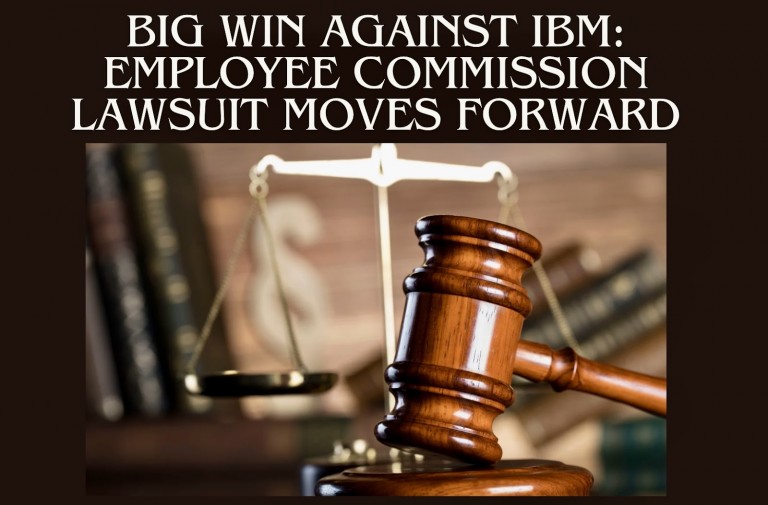Lebau & Nueworth partner attorney Richard Neuworth recently wrote an article for all civil practitioners in Maryland on the subject of avoiding pitfalls in settlement agreement that contain non-disparagement and confidentiality provisions. Published in the Special 2020 issue of the Trial Reporter for the Maryland Association of Justice, the article should be studied by attorneys in the civil justice system because many employers seek to impose non-disparagement and confidentiality provisions that have ramifications that go far beyond the case that is being litigated.
The essay, "Avoiding Pitfalls in Settlement Agreements that Contain Non-disparagement and Confidentiality Provisions," points out that attorneys representing individuals in civil litigation are frequently confronted with the problem of how to advise a client concerning a settlement agreement that, invariably, contains provisions regarding confidentiality or non-disparagement of defendants. Often, opposing counsel will insist on the provisions in order to receive the monetary proceeds of the settlement agreement. Related questions are whether or not such provisions apply to the facts of an individual case or any particular topic related to a defendant’s business or services being offered or performed.
Additionally, as Richard notes, the question often arises whether or not the provision applies for a particular time period or an open ended time period. It is imperative to explain the ramifications of such provisions before the client signs the agreement.
Several notable conclusions can be drawn from those two cases involving non-disparaging agreements that are examined in the article. First, contractual provisions, including non-disparagement provisions that may appear as stipulated damages, are still enforceable in the context of a settlement agreement between private parties. Second, settlement agreements with governmental entities are not viewed the same way when protected constitutional rights are implicated under either the federal constitution or the Maryland Declaration of Rights. Third, if the non-disclosure provision intrudes upon an administrative agency’s ability to investigate a private party, such provisions may also be invalid. Nevertheless, if constitutional or statutory rights are not implicated, the agreement will likely be enforced.
Regarding confidentialty and settlement, Richard highlights several notable extrapolations from cases he cites. Among these, he notes that certain types of claims forbid confidentiality in settlement agreements or restrict the tax deductibility if settlement agreements contain confidentiality provisions; Fair Labor Standards Act cases do not permit settlement agreements that have confidentiality provisions prohibiting the court from reviewing the settlement agreement or requiring that the court file be sealed; and confidentiality in settlement negotiations also entails many different and potentially complex issues. The state courts have addressed many of those issues in recent decisions.
Richard concluded that attorneys need to be cognizant of the type of claim being settled, the entity being sued and the nature of all possible terms of a settlement agreement to protect themselves as well as their clients from overbroad non-disparagement and confidentiality provisions.
The attorneys at Lebau & Neuworth are highly experienced with handling Non-Disparagement & Confidentiality related cases, so if you believe you need legal assitance with either or both of these issues, we may be able to help. For more information, contact us at (410) 296-3030 or lebauneuworth.com/contact-us.












